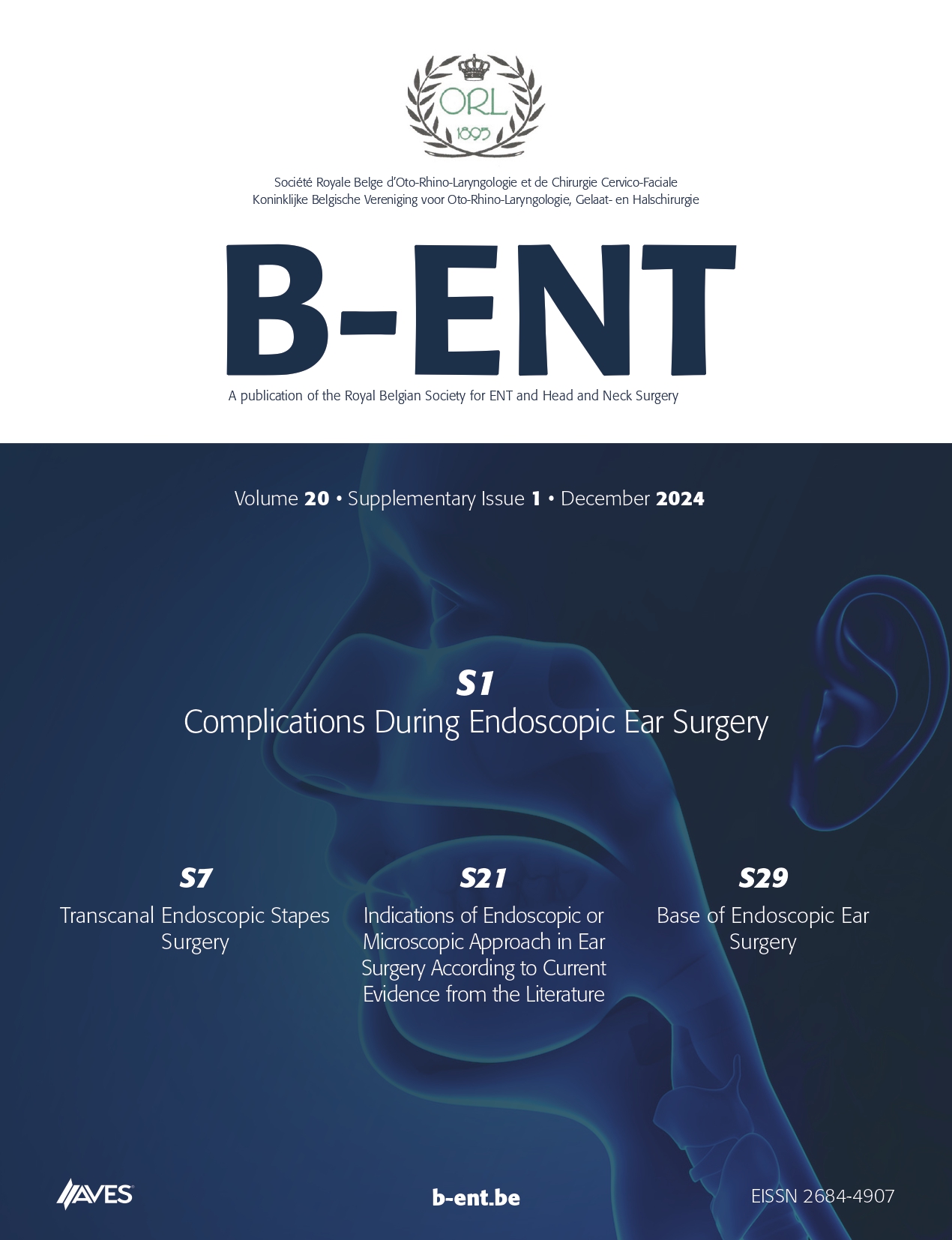National study of Newborn Hearing Screening: programme sensitivity and characteristics of undetected children. The success of universal newborn hearing screening (UNHS) programmes is usually evaluated by determining the effect of the early detection of hearing loss on developmental outcome. However, in practice, these programmes do not detect all children with permanent childhood hearing impairment. In this study we determine the sensitivity of the current UNHS programme and analyse the characteristics of the children not detected by UNHS. We performed a nationwide, population-based, retrospective follow-up study in the Netherlands. All children born in 2003-05 and screened in a hearing screening programme (well babies and neonatal intensive care (NICU) graduates) were included for study. The main outcome measure was the sensitivity of the UNHS programme (based on the proportion of children known to have a permanent childhood hearing impairment in 2008 who were identified by UNHS). We also evaluated age at diagnosis, severity, and aetiology of hearing impairment in the children not detected by UNHS. We found that the sensitivity of the current UNHS programme was 0.83 (0.79 for well babies and 0.96 for NICU graduates). Permanent childhood hearing impairment was confirmed before 36 months of age in 96% of the study cohort. Of the children unidentified by the UNHS, >50% had moderate hearing loss. No predominant cause of hearing impairment was found in these children.
Conclusion: Our current UNHS programme identified the majority of children with a permanent hearing impairment of congenital cause.



.png)
